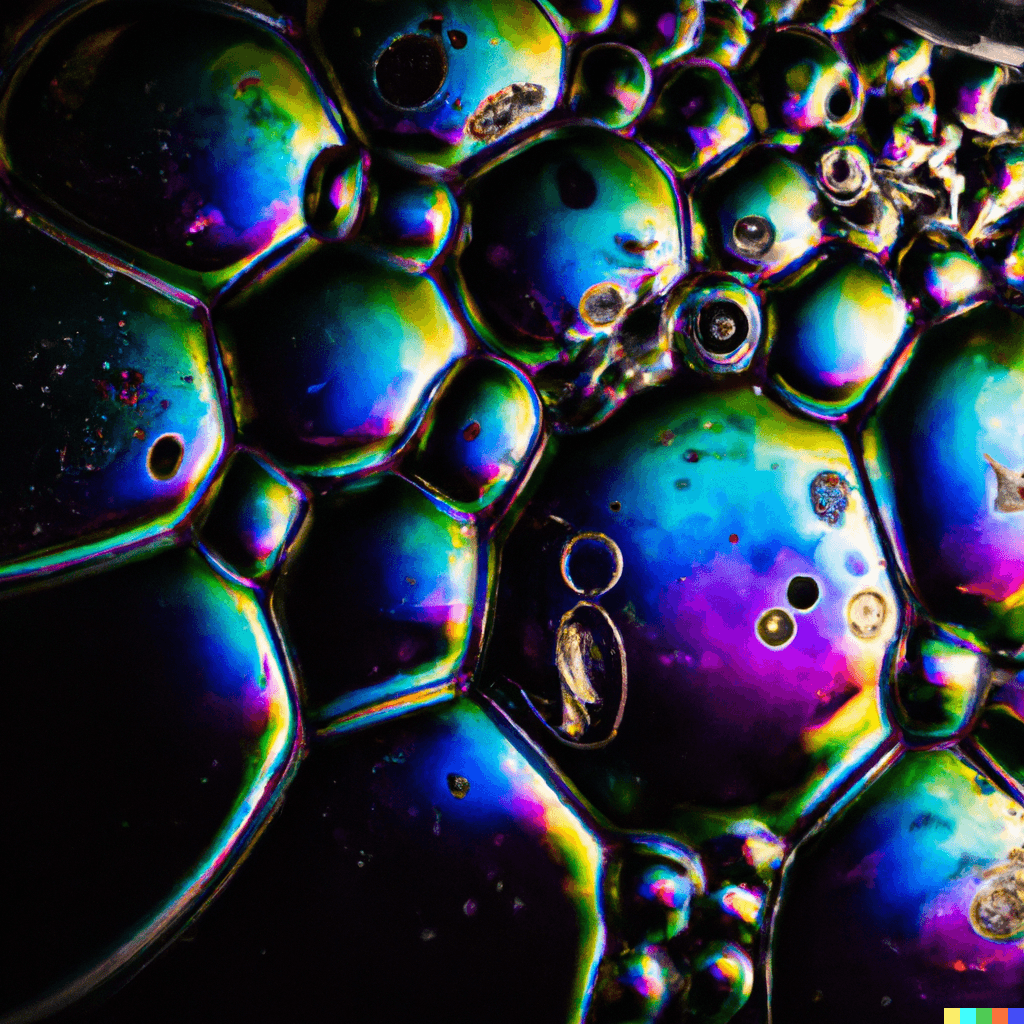What are the benefits of nanobubble water treatment technology in agriculture?
Nanobubbles have several potential benefits for agriculture. Here are some of the key advantages of using nanobubbles in agriculture:
Enhanced nutrient delivery: Nanobubbles can increase the solubility and absorption of nutrients, allowing plants to take up more nutrients from the soil. This can improve crop yield and quality.
Increased water efficiency: Nanobubbles can improve the efficiency of irrigation by increasing water penetration and reducing water usage. This can help farmers save water and reduce their environmental impact.
Enhanced plant growth: Nanobubbles can stimulate plant growth and development by improving oxygenation and nutrient uptake. This can lead to faster growth, higher yields, and better quality produce.
Reduced soil compaction: Nanobubbles can help reduce soil compaction, which can improve soil health and fertility.
Improved disease resistance: Nanobubbles can help improve disease resistance in plants by stimulating the production of protective compounds and enhancing the plant's immune system.
Reduced use of fertilizers and pesticides: By improving nutrient delivery and disease resistance, nanobubbles can help reduce the need for synthetic fertilizers and pesticides, which can save farmers money and reduce the environmental impact of agriculture.
Research on the use of nanobubbles in agriculture is ongoing, and new applications and benefits are being discovered. The unique properties of nanobubbles make them a promising area of research for sustainable agriculture practices.



